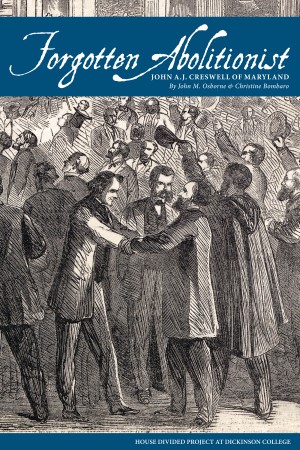Here is where we try to introduce students to the process of actually “doing history” by offering direct access to various types of primary source documents. For historians, reading and analyzing such documents offers the closest equivalent we have to a “laboratory” experience. And nothing matters more for understanding the complicated story of emancipation’s development as a policy than learning how to conduct a close reading of the key documents.
US Constitution and Slavery
Excerpts from the Constitution and 1787 Debates
Understanding the Federal Consensus
Contrabands and Confiscation
Congressional Confiscation Acts
Abraham Lincoln
Selected Quotations on Slavery & Emancipation
September 22, 1862 Proclamation
Witnesses to Emancipation
See Matthew Pinsker’s essay, “Emancipation Moments,” for a narrative that ties together several of these fascinating first-hand accounts.
Orville H. Browning (1861-64) –Diary entries from a senator and close friend of Lincoln’s
Anna Harrison Chase (1862-63) –1936 newspaper interview with former contraband in DC
James Rumley (1862-63) –Diary entries from North Carolina slaveholder during Union occupation
Prince Rivers (1862-63) –Story of remarkable sergeant in First South Carolina Volunteers
First South Carolina Volunteers (1863) –Emancipation Day in Port Royal, South Carolina
Thomas Rutling (1863) –Post-war interview with former Tennessee slave
James T. Ayers (1864) –Diary entry from Union recruiting agent in Alabama
Louis Hughes (1865) –Recollections from a former Mississippi slave
Thomas Ashby (1865) –Recollections from the son of a Virginia slaveholder
Booker T. Washington (1865) –Most famous account of emancipation moment in Virginia
John Greenleaf Whittier (1865) –Poem celebrating passage of the Thirteenth Amendment

